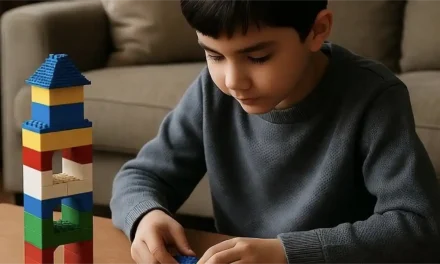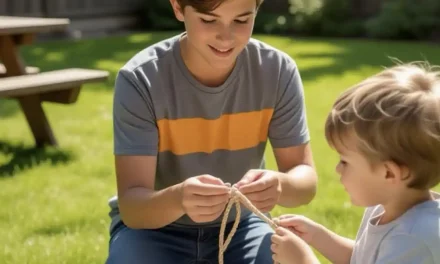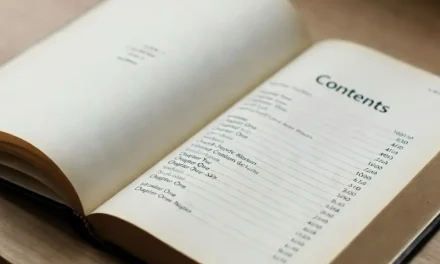
Using Technology as a Gateway: Wander Virtual Tours of History
A
virtual tour can transport a child from their bedroom to the marble halls of ancient Rome or the soaring spires of a medieval cathedral. These immersive experiences make history feel tangible—through arches, frescoes, and echoing courtyards, children begin to see the past not as distant dates, but as lived experience. Much like early explorers who stepped into new worlds, your child can roam through time, connecting with the people and ideas that shaped today.
My son once wandered a virtual Roman forum, eyes wide as he imagined the crowds, the orators, the daily trades. “What happened here?” I asked. His ideas flowed—laws passed, stories told, meals shared. That simple digital tour inspired a school project and gave him a deeper appreciation for ancient life. What began as screen time became a doorway to historical empathy and intellectual pride.
To bring this home, choose a monthly digital tour—a temple, fortress, or ancient market. Walk through it together, pause to observe, and ask your child what stood out. Encourage them to sketch, write, or role-play a scene. These moments of imaginative immersion help them see history not just as facts to memorize but as rich, human stories to explore—stories that continue to echo in their world. Step by digital step, you’re helping them fall in love with the past—and carry that fascination into the future.
Using Technology as a Gateway

Using Technology as a Gateway: Build Tech Projects Together
Hands-on tech projects teach problem-solving and creativity. Learn how to build, code, and explore technology as a collaborative family adventure.

Using Technology as a Gateway: Explore Online Worlds of Knowledge
Use online resources to nurture curiosity and learning while staying mindful of balance. Help children explore thoughtfully, safely, and creatively.
Table of contents

Primordial Soup for the Mind: Navigation
Navigate the book Primordial Soup for the Mind.
TIPS
- Pick interactive tours.
- Ask “What was daily life like?” to spark thought.
- Share your excitement.
ACTIVITIES
- History Walk: Tour a site and ask, “What is this place’s story?” Discuss for 15 minutes.
- Past Peek: Explore a historical spot and ask, “What happened here?” Discuss for 10 minutes.
EXAMPLE
My daughter’s palace tour fueled her history passion.

Download “Primordial Soup for the Mind: A Parent’s Guide to Nurturing Intellectual Growth”
Enter your information to get this article and hundreds more as part of the FREE book Primordial Soup for the Mind.
Share your thoughts with the Thought Academy community in the Comments section below.

Sharpen those skills!
Enter your information to get our FREE practice exercises so you can hone your critical thinking and reasoning skills!







0 Comments